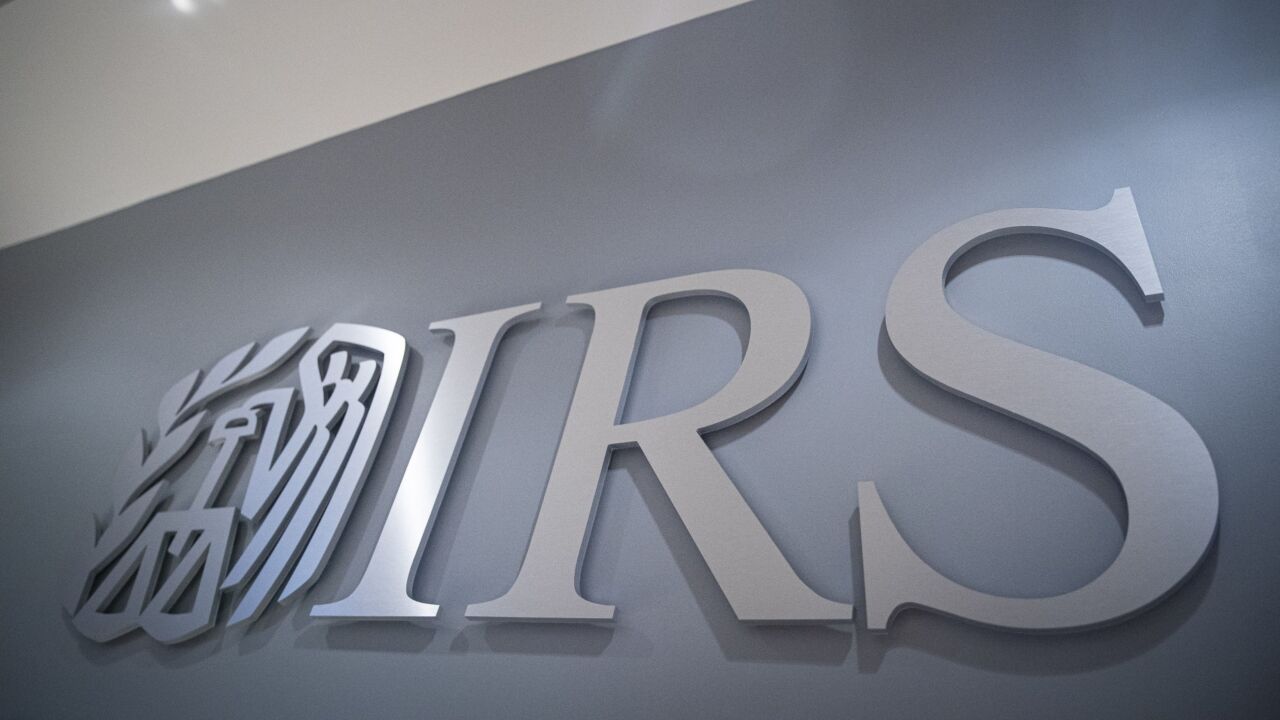Want unlimited access to top ideas and insights?
This year, I have been exploring the many ways artificial intelligence could change internal auditing. The constant tug of war between risk and opportunity has driven generally positive evolution in the profession, particularly in the past 20 years as the complexity and speed of risks have accelerated. But nothing compares with AI's potential to rock the profession to its core.
AI has moved from novelty to necessity. With breathtaking speed, it is reshaping industries, workflows and decision-making processes. For internal auditors — long viewed as guardians of organizational trust and stewards of risk assurance — AI is not just another tool. It's becoming a competitor in the race for relevance.
The question now confronting the profession is not whether AI will become a dominant force in delivering assurance and insight — it already is. The question is: Can we evolve fast enough to remain indispensable in the face of intelligent automation?
The latest wrinkle to that question was explored in a recent Wall Street Journal
Business vernacular is riddled with phrases that describe the traditional start of our work careers: learning the ropes, starting from scratch, paying your dues and doing the grunt work. But the benefit to the organization of having young employees do the dirty work while learning about the business is quickly being supplanted by technology that will do the work faster, with fewer mistakes, and at a fraction of the cost.
The implications of this are truly astonishing. Simply put, entering the job market will soon require bringing more to the table than a diploma and a willingness to learn, much more. Graduates seeking entry-level jobs won't just have to convince employers of their potential; they will have to show they already possess skills AI does not and that they can add value to the organization the minute they walk in the door.
I believe five superpowers set internal auditors apart from AI: critical thinking, relationship acumen, intellectual curiosity, empathy and ethical resilience. These are job skills that automation has yet to master and may never really match the human level. These are the skills the next generation of graduates will need to possess to thrive in an AI driven world.
What's next?
Last July, The Institute of Internal Auditors'
The lack of foresight here is understandable. At the time of the report's publication, AI adoption was picking up speed, but its implications for the job market remained unclear. Back then, CEOs weren't openly discussing that AI would lead to deep job cuts. They are today.
Considering this potentially tectonic shift of hiring practices, two scenarios could develop for internal audit:
- Chief audit executives come under increasing pressure from executive management to become more efficient and productive by leveraging AI (as they should be), easing the urgency for developing new internal audit talent.
- The entire internal auditing profession and the academic institutions that support it act quickly to counter the threat by minting graduates with advanced job skills ready to bring internal audit superpowers to bear.
Of course, the business world's demand for competitive advantage, greater growth and higher profits make the first scenario much more likely. While the second scenario is written with tongue firmly in cheek, for the sake of the profession it must be the one that prevails.
Here we come full circle to the point made earlier about promoting what sets us humans apart from AI. Critical thinking, relationship acumen, intellectual curiosity, empathy and ethical resilience are the building blocks of success in any endeavor, and they are what set apart great internal auditors from chatbots, robotic process automation and machine learning.
Too often, executive management and boards succumb to the immediate while putting off trickier long-term challenges. We must break that pattern when it comes to filling the internal audit talent pipeline. The immediate task before us is to build awareness, recognition and appreciation for internal audit superpowers within the C-suite and the boardroom. The long-term challenge is evolving our learning institutions to deliver graduates who possess those superpowers and are better prepared to deliver immediate value.





